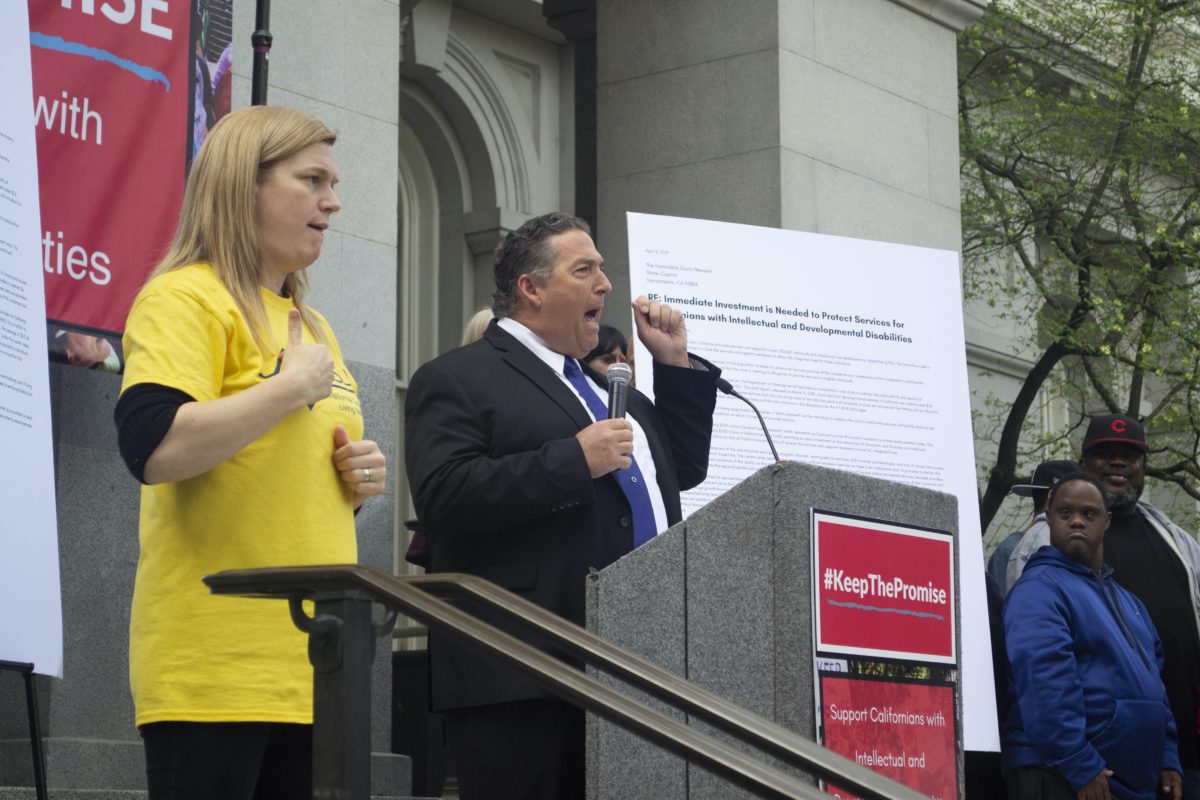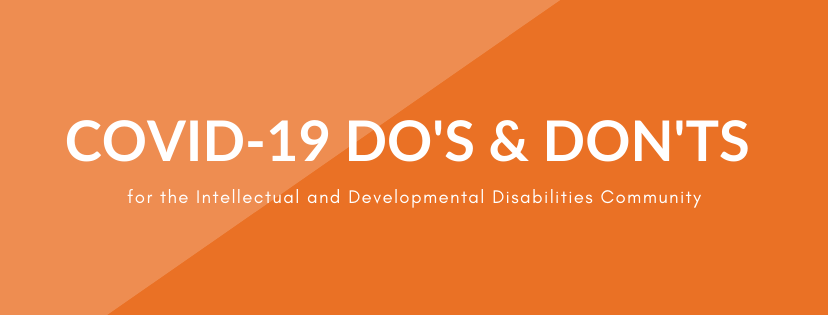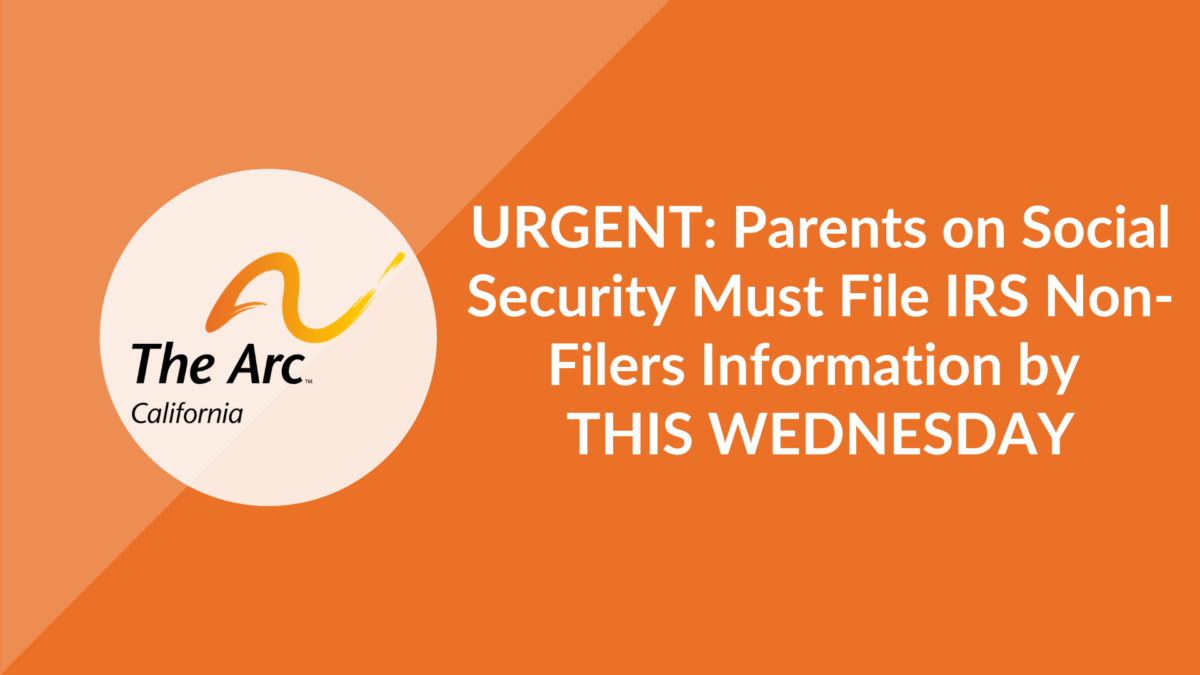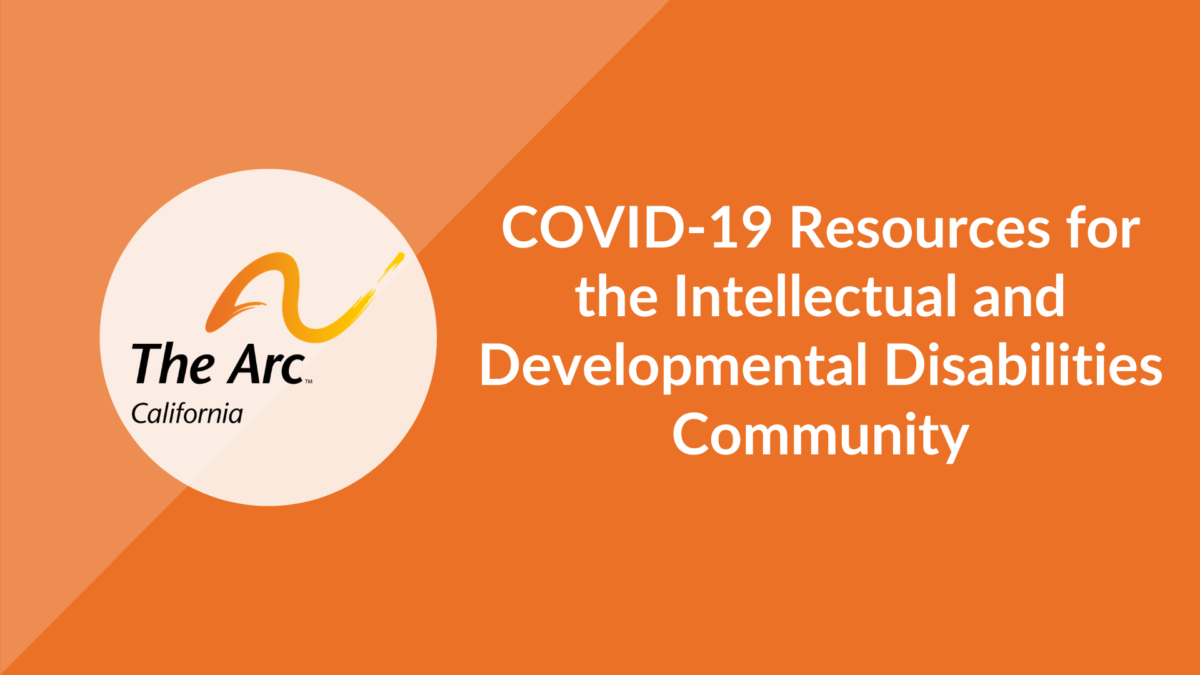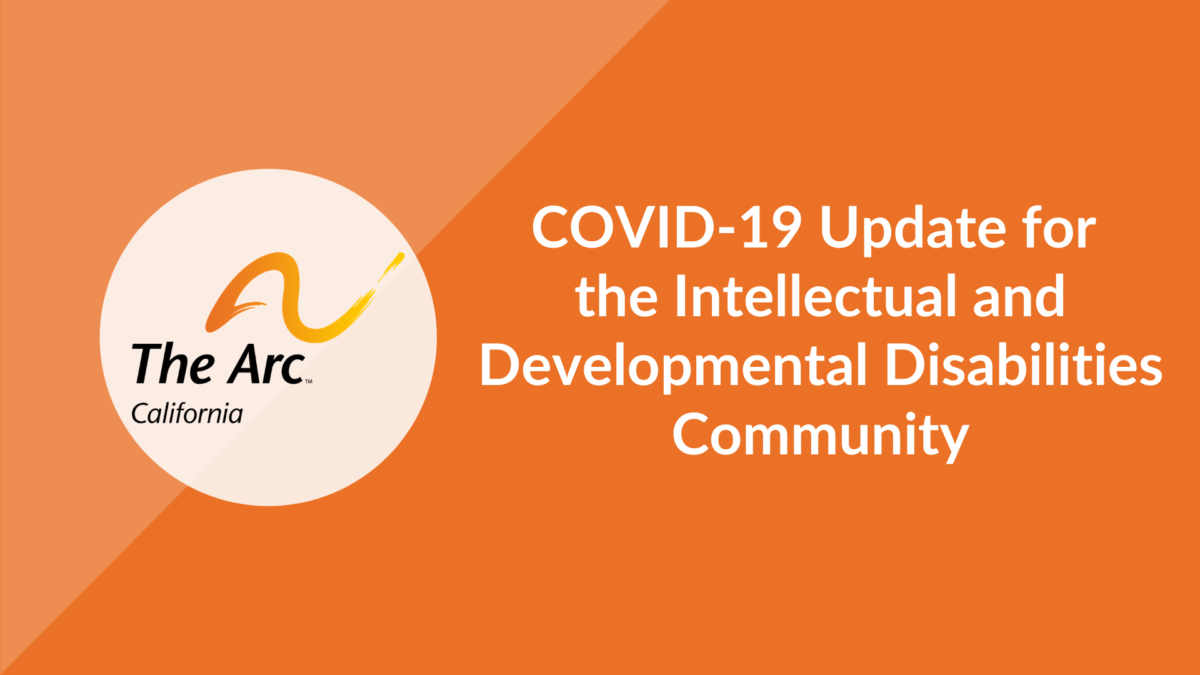The Department of the Treasury announced in a press release today that parents on Social Security will need to fill out the IRS Non-Filers information by THIS WEDNESDAY 4/22/2020 to receive the $500 economic impact payment per child.
The press release says:
“WASHINGTON—The U.S. Department of the Treasury and Internal Revenue Service today urge social security, railroad retirement and veterans benefit recipients who have qualifying children and did not file a 2018 or 2019 tax return to go to the IRS Non-Filer tool by Wednesday, April 22, and enter basic information to receive the $500 per eligible child added to their automatic $1,200 Economic Impact Payment.
“Social security recipients and other federal benefit recipients will get their $1,200 automatically, but if they have dependents and did not file in 2018 or 2019, they need to use the IRS Non-Filers tool as soon as possible to input information to get their $500 per child,” said Secretary Steven T. Mnuchin. “If the IRS does not receive this essential information by Wednesday, their payment will be $1,200 and the $500 per child will be paid to them with a return filing for tax year 2020.”
Those receiving federal benefits – including Social Security retirement, survivor or disability benefits (SSDI), Railroad Retirement benefits, or Veterans Administration benefits – who have qualifying children and who were not required file a tax return in 2018 or 2019 should go to IRS.gov and click on the “Non-Filers: Enter Payment Info Here” button.”
This unexpected deadline is a huge burden on parents with disabilities who are on SSDI and other Social Security recipients, including survivor beneficiaries such as windows and widowers with young children and retirement beneficiaries such as grandparents raising adopted children under the age of 17. The IRS Press Release explains that another deadline is coming shortly for parents who receive SSI or VA benefits. We are registering our concern with this deadline, especially that it is in less than 48 hours and that the non-filer portal has only been in existence for 10 days, with the IRS and SSA and will keep you posted with any updates.
Clearly this time frame is appalling, so please share this information widely and quickly.
To fill out the IRS Non-Filers information visit: https://www.irs.gov/coronavirus/non-filers-enter-payment-info-here


